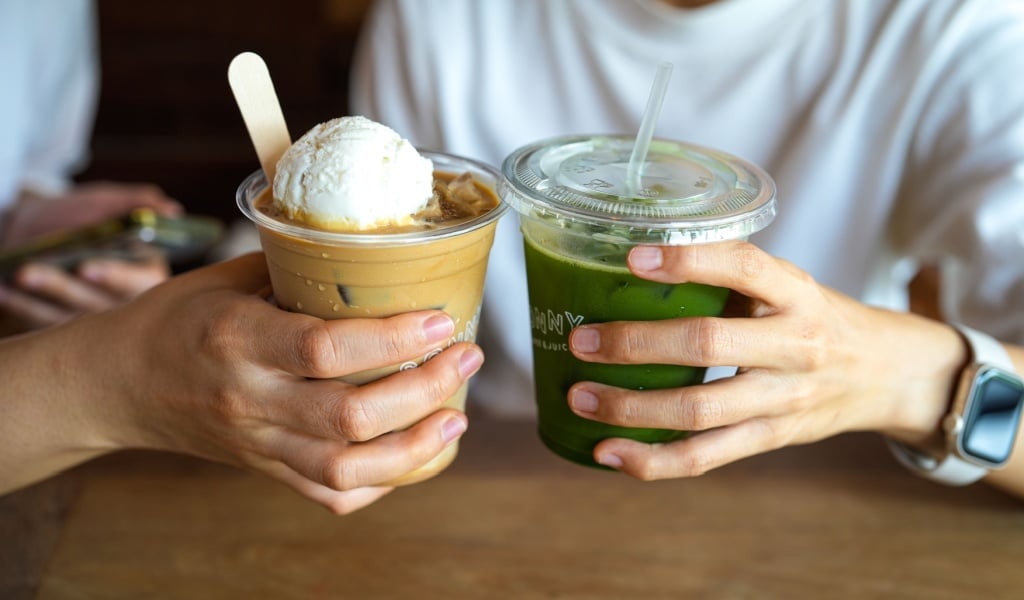Besides fueling our bodies, food is a source of comfort, culture, and happiness. Still, we often consider eating to be a task that needs to be done quickly and effectively due to our busy lives. The phrase “Eating to live” is something we’re all familiar with, but how about living to eat? People have enjoyed the simple joys of food for ages, although modern trends occasionally try to reduce it to a plain nutritional list.
Eating for pleasure is just as vital as obtaining the proper nutrients. Let’s examine why eating for pleasure may just be the key to a more balanced and healthy life.

It Makes Healthy Eating Sustainable
Maintaining a healthy diet can sometimes feel like a chore, particularly if you’re trying to follow strict dietary guidelines. However, the truth is, if your meals are constantly boring, uninspiring, or feel more like a punishment, you’re more likely to abandon your healthy diet eventually. But, when you look forward to your next meal, you are much more likely to stick to it. When the food is satisfying, it becomes a lifestyle, not just a short-term solution.
We all have our favorite comfort foods – those foods make us feel good physically and emotionally. Concentrating on making your food more enjoyable by incorporating your favorite spices, flavors, and textures makes you more likely to maintain healthy eating habits. The crucial factor here is balance. Healthy eating can provide you with the same sense of satisfaction as eating a sugary delicacy or oily snack but without the drawbacks!
Enhances Mental and Emotional Health
We frequently link food with physical well-being; however, eating for pleasure has important emotional advantages, too. Food is culturally, socially, and naturally linked to our relationships and memories. Experiences relayed to food frequently bring happiness to all, whether it’s a picnic with family members, a romantic dinner with your partner, or a satisfying bowl of ramen after an exhausting day.
According to research, the joy derived from eating triggers the brain’s reward centers, releasing dopamine, the “feel-good” neurotransmitter. This not only improves your mood but also lowers tension and encourages a sense of well-being. Eating for pleasure can help you cope with stress, elevate your mood, and even boost the quality of your sleep.
Moreover, eating for pleasure promotes mindfulness. By focusing on the textures, odors, and flavors of the food you’re having, you become more aware of your body’s signs. This is the basis of mindful eating, a technique that can enhance your connection with food, lessen overindulging, and boost mental clarity.
Boosts Digestion
When you relish mealtimes, your body answers more positively. According to a study, the experience of satisfaction when having food can activate the release of digestive enzymes that assist in breaking down food more effectively. This procedure starts even before you take the first bite: the excitement of a food you like can trigger your digestive system, preparing it to absorb nutrients as you eat. When you’re in a good mood, your body can enhance the digestive procedure and make the maximum of the food you’re consuming. In other words, eating with happiness and relishing the flavors can meaningfully enhance how well your body absorbs and utilizes nutrients!
Promotes Variety in Your Diet
One advantage of enjoying your meals is that it can lead to more variety in the diet. When you’re excited to try different dishes with different flavors, textures, and cooking techniques, you’re more likely to discover various vegetables, fruits, meat, and grains that you probably wouldn’t have tried otherwise. A diversified diet guarantees that your body receives a wide range of nutrients, backing everything from energy levels to immune function.
Eating for pleasure also allows you to try healthier forms of your preferred comfort foods. Do you like pizza? Try a cauliflower crust with a range of vibrant toppings. Craving dessert? As an alternative to sugary desserts, try a fruit-based sorbet. When the food is enjoyable, you can balance feasting with healthy picks that guarantee a variety of nutrients and flavors without compromising!

Escapes The Culture of Diets
In a world where diet culture rules most of the time, it’s very easy to forget that food is supposed to be loved. Diets and food limitations can result in feelings of guilt, nervousness, and binge eating. However, when you concentrate on eating for pleasure, you change the emphasis from deprivation to satisfaction. This perspective change helps in having a healthy connection with food that is not determined by guilt or shame but by a motivation for balance and well-being.
By accepting that pleasure is an important part of diet, you can promote a healthier, more sustainable method of eating. Accordingly, it helps you eat in moderation, appreciate healthy meals, and find joy in feeding your body!
Social and Cultural Features
One of the most valuable features of eating for pleasure is its relationship with culture and the social context. Eating isn’t just something we like to do alone; it’s an aspect that frequently brings people together. Shared meals are an aspect of social customs that enhance relationships and create memories together.
Food is fundamental to celebrations, holidays, and traditions worldwide. Whether it’s sharing food with friends or appreciating a lavish spread at a family get-together, the joy of eating together is a moment of connection that goes beyond simple nutrition. Cultural traditions around the world frequently prioritize the eating experience, selecting foods not just for their nutritious content but for their flavors, customs, and the happiness they provide!
Supports Better Hormonal Regulation and Metabolism
The connection between food and pleasure also encompasses how your body supports hormonal regulation and processes food. Eating with a calm mind, together with pleasure, promotes better hormonal regulation and metabolism. When you feel satiated after a meal, your body releases hormones that assist in controlling hunger, fullness, and energy use.
Interestingly, you are less likely to overeat if you feel satisfied after a meal. When eating is joyful, you feel full physically and emotionally, which helps you naturally regulate your appetite and prevent cravings for less nutritious foods later on.
Conclusion
Eating for pleasure isn’t simply about satisfying your taste buds; it’s a complete method that includes physical, mental, and emotional health. It boosts digestion, improves mood, encourages long-term healthy behaviors, and promotes variety and cultural relationships. When you prioritize pleasure in your eating habits, you’re nourishing your body, mind, and soul!
Therefore, the next time you sit for a meal, take a minute to enjoy the textures, flavors, and companionship around you. Eating for pleasure isn’t a luxury; it’s an essential nutrient for a healthy and balanced existence!



